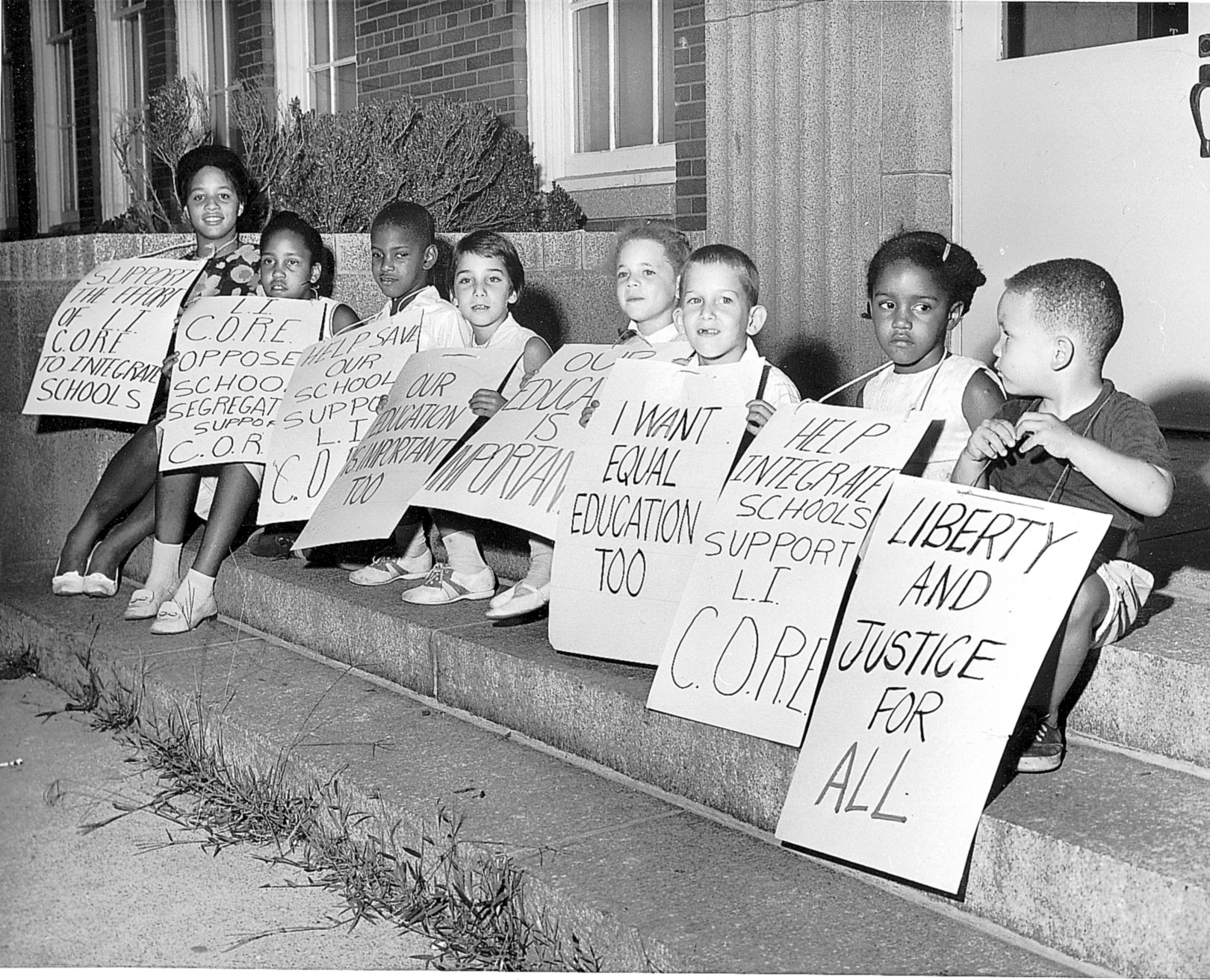
"Eight years ago, I attended a gathering on my family's farm in South Carolina on the day of the total solar eclipse. That same week, my grandmother, Sarah Graydon McCrory, went into the hospital with an infection from which she never recovered. In October of that year, just past her 96th birthday, Sarah died - and I got to stand by her on her deathbed as she grappled with connection and liberation, as she looked into the unknown with courage and clarity."
"Sarah was a difficult person. People loved her, and she loved people, and she was direct and sometimes uncomfortably honest. She struggled with me: my gender, my sexuality, my commitment to anti-racism and to a way of life that was far outside of what she'd imagined for any granddaughter of hers. People remembered her as being frank and funny, upsetting and odd."
"Sarah grew up in the Jim Crow South, deeply and completely a child of that environment. Her grandmother, whom we all knew from lore and by her first name, Miss Sally, was born on a plantation in the Low Country just before the end of the Civil War. Miss Sally's future husband had also been born on an enslaver's estate, his father a Confederate general killed in the war."
Entering lifelong, intergenerational work of unlearning racism requires sustained love, honest confrontation of personal bias, and the courage to change across generations. Family relationships can both complicate and enable change, as shown by a grandmother who, despite growing up in the Jim Crow South, grappled throughout her life with racism and transphobia and attempted to unlearn. Reckoning with inherited histories of enslavement, plantation origins, and Confederate ties is central to confronting systemic legacies. Personal struggle over gender, sexuality, and values can catalyze transformation. Facing the unknown with connection, liberation, and toughness supports ongoing anti-racist practice.
Read at Truthout
Unable to calculate read time
Collection
[
|
...
]